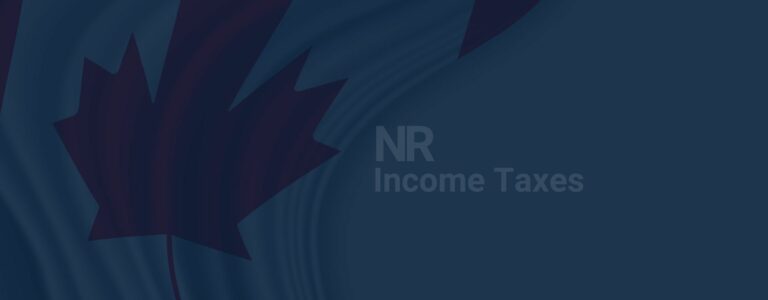If you are generating gains or losses from the sale of securities, this is most likely to be treated as Capital gains. However, in certain cases, this might be treated as business income (or loss) as well.
This post is for general information and written from the perspective of personal income tax returns. Further, this is for general information purposes and should not be relied on as personal tax advice. We recommend you to contact your personal income tax accountant in Canada for the matters related to trading or dealing in securities.
Online trading: Capital gains vs Business Income
In brief, if you are buying securities as investments, most likely this is going to be a capital gain. However, if you are a daytrader and having sales of securities as a permanent gig, this can be your business income. Whether the gains and losses are capital or non-capital, this is going to have an effect on your personal income tax return. We strongly recommend analyzing your trading activities thoroughly before making such a determination.
It is important to mention here that both methods are not mutually exclusive. This is alright to have both capital gains and business income from securities depending on the nature of transactions.
Factors to determine online trading pattern as investment or business
There are multiple factors which can assist in determining correct categorization of your online (or other) trading activities:
- Duration: What is your duration of holding securities? If you are holding securities for the long term, there are higher chances that these are capital gains.
- Frequency: How frequently you trade in securities? If you trade more frequently, this can be considered as business income (or loss).
- Securities knowledge: Your experience and knowledge of securities markets play an important role in your objective for trading in securities. If you actively research the market data and information and make decisions, it is likely that it can be classified as business income (not necessary though).
- Financing: How the securities purchased were financed? Did you use debt or equity? If you have used debt to purchase securities it is likely that its a business income.
- Speculative trading: If purchases are made based on speculations to take advantage of market fluctuations rather than dividend expectations, it can be considered as business income.
- Ordinary business: If you buy and sell securities with an objective to make profits from this trading, this can be considered as business income.
Effects on Income Taxes in Canada
What is effect of treating my online trades as capital gains or business income on my income taxes? This is one of the questions someone who is starting up in day-trading usually asks.
Your decision to classify your income from trading securities as business income or capital gains have a very significant impact on your personal income taxes.
Capital gains: If you decide to treat as capital gains or losses, you need to include only 50% of capital gains in your income taxes. Capital gains can be offset against capital losses only. Mindful of rules surrounding “superficial losses”.
Business Income: Business income is included 100% (net business income) in your income. Business income can also be set off against other business losses or other income. You can claim certain business expenses as well. Business income is reported on T2125 on the individual income tax return and subject to 2X of CPP as well.
Short selling and Income Taxes
If you short sale your stock, any resulting gain or loss goes to an income account. An election under subsection S.39(4) of the Income Tax Act is needed to treat such gain/loss as capital.
What method is having higher chances of being challenged by the Canada Revenue Agency?
There is no sure way to know which method of treating trading in securities income will be challenged by the Canada Revenue Agency. However, past data from the Tax Court of Canada highlights below situations where such methods can be challenged:
- Claiming business losses from trading in securities. If you are claiming business losses, there are higher chances that your personal income tax returns will be reviewed.
- Not reporting income from trading activities at all. That’s the case with not reporting other sources of income as well.
This is always smart to consult your professional tax accountant in Canada if you deal or trade in securities.
Need help with your income taxes in Canada? Maroof HS CPA Professional Corporation provides comprehensive income tax services for businesses and individuals. Contact us.





